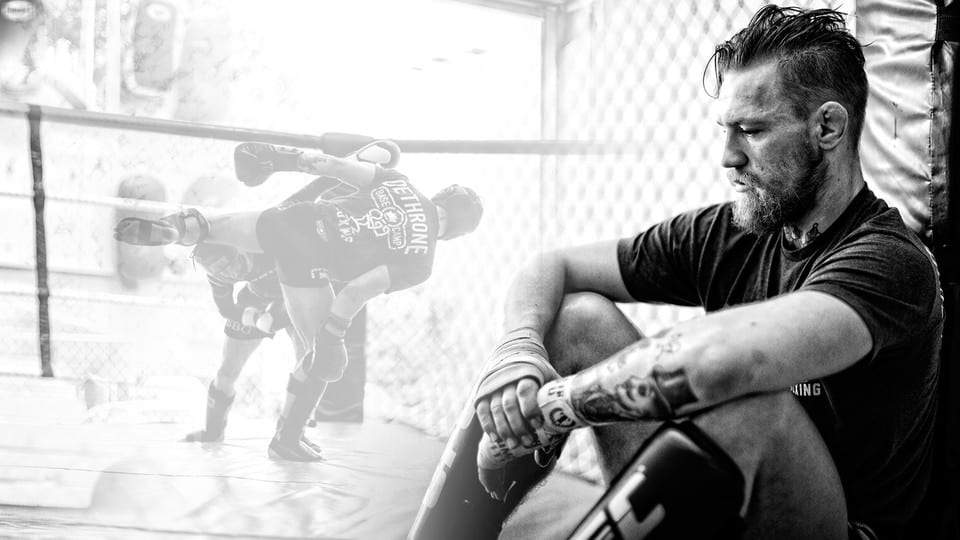Goal-setting is a hugely important element of your overall workout routine.
It is how you keep track of your progress and measure the improvements you are making, be it adding some extra pounds to your reps or knocking a few seconds off your personal best. However, one sometimes overlooked part of goal-setting is that you should keep it within the realms of your own physical abilities, lest you become disheartened by falling short of your lofty goals.
Self-acceptance, in this context at least, is an overall awareness of your abilities (or more succinctly, your limitations). If you allow yourself to be honest with your own brain, you will recognise how to properly measure your result and not become disheartened or anxious when you fail to shave off a few hundredths of a second from your PB. Knowing your capabilities exactly is the best way to improve them.
Now, this doesn’t mean that you should accept failure — far from it — but denying your flaws is one way to make sure you never address them.
A perfectionist mindset can actually hinder you in the gym, especially if you are the sort of person to beat yourself up over a missed sessions or a failed target and can lead to a negative mindset of ‘having’ to work out rather than ‘wanting’ to, creating a vicious cycle.
Once you learn to combat this and be honest with yourself and your capabilities, that is the correct foundation from which to improve them.
After all, if you already perceive yourself as flawless what is the point of actually doing work?




